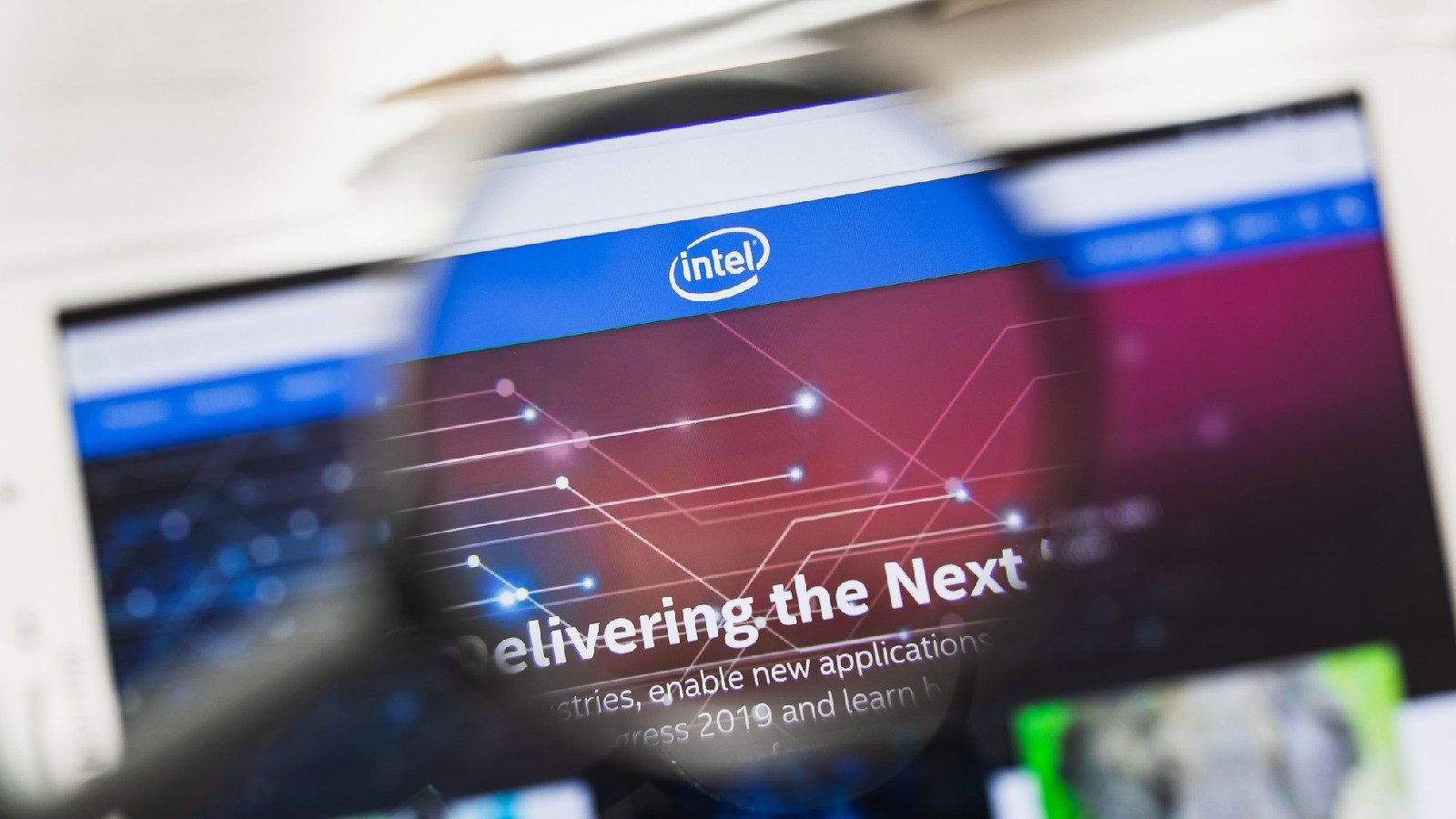Comparison of Intel Alder Lake with the M1 Pro / M1 Max custom chips used for 2021 14/16-inch MacBook Pro shows that Alder Lake desktop processor outweighs M1 Max but loses to energy efficiency ratio.
Recall that on October 27, the American multinational technology company Intel unveiled the 12-generation Core Alder Lake desktop processor with a hybrid architecture. Moreover, there are reports that in the first half of 2022, Apple will offer a 27-inch iMac with this series of Apple Silicon.
According to the first batch of Geekbench 5 benchmark results of the Core i9-12900K, the processor is about 1.5 times faster than the M1 Pro / M1 Max in terms of multi-core performance, according to AnandTech.
However, the Core i9-12900K consumes significantly more power than the M1 Pro / M1 Max. The power consumption under the basic frequency (PL1) is 125W, and the power consumption under the turbo frequency (PL2) can reach 241W, according to Intel’s official information.
Even though the i7-12700Geekbench K’s 5 benchmark results appear to be faster than the M1 Pro / M1 Max, it still falls short in terms of energy efficiency.
Apple did not specifically declare that Apple Silicon’s performance is the quickest on the market when it first revealed that it would take two years to fully migrate to self-developed processors from June 2020, according to MacRumors. Still, it did underline that it offers industry-leading per watt performance.
Apple has clearly achieved this goal with the M1 Pro / M1 Max chip launch on the 2021 14/16-inch MacBook Pro, comfortably surpassing the Mac Pro model with a starting price of $6,999 and a 12-core Intel processor.
Eventually, the 12th-generation Core Alder Lake processor for mobile platforms is slated to be released in early 2022 by Intel. It remains to be seen what sort of a surprise it will provide in terms of energy efficiency.
